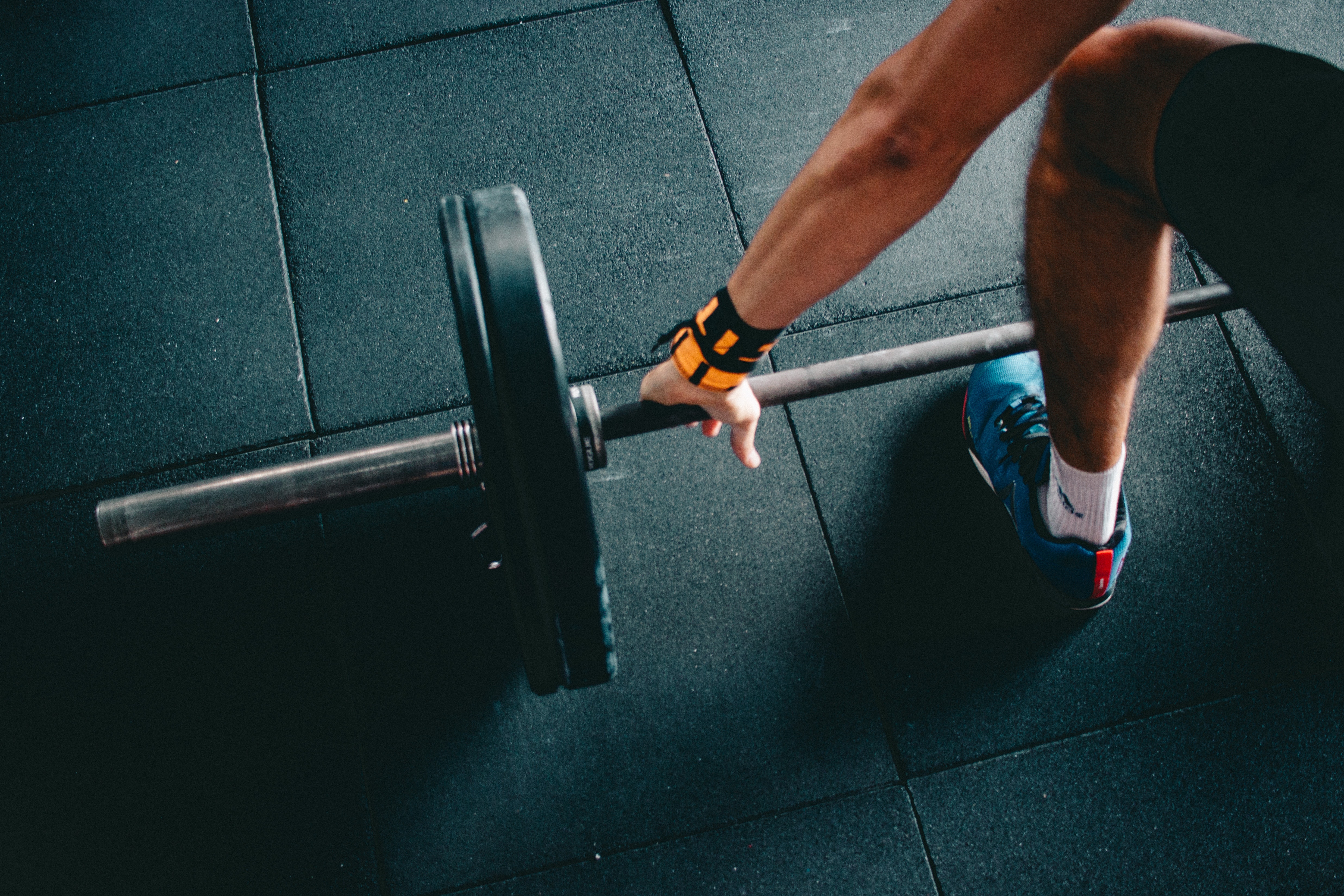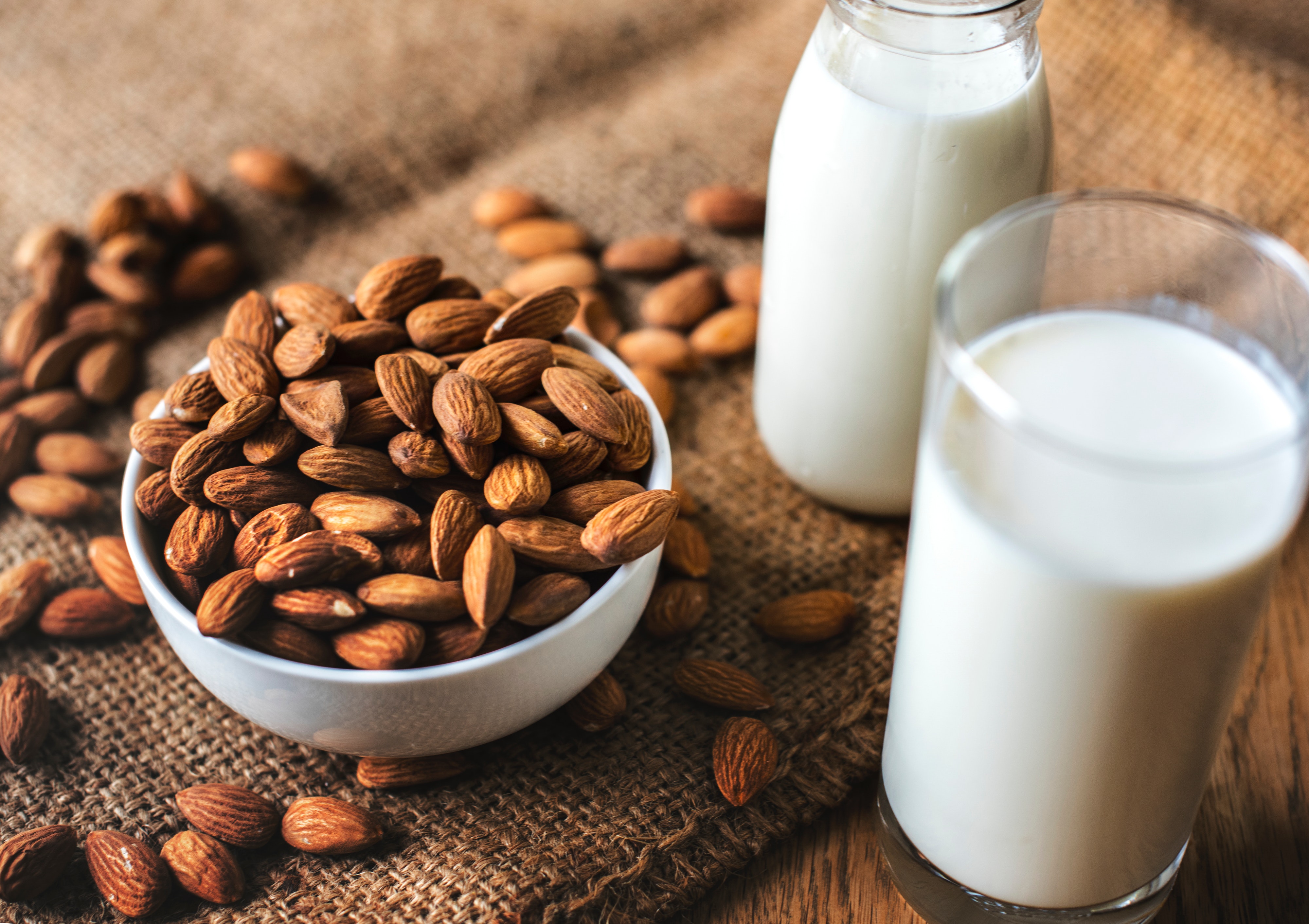fitness
The 7 Best Protein Powders for Men in 2024 | Weightlifting and More
On This Page

Whether your goal is to bulk up, train for a sport, or you’re just trying to live a healthy life, protein is an important part of any man’s diet.
One of the biggest pros of protein is helping to grow and restore muscle. Muscles don’t grow during exercise they are built as your body recovers afterward. When you work out, like lifting weights, the intensity of the workout causes microscopic tears in your muscles. Repairing these microscopic tears is what ultimately builds your muscles. During your workout you also break down protein in your body, and need to replenish this protein post-workout to aid in repairing and building your muscles.
You’ve probably been told your whole life that if you want to build muscle then you should consume additional protein. The list of things to consider when you’re thinking about buying a protein powder is long: you should pay attention to the type of protein it contains, the brand of the supplement, the dosage, and more. So how do you choose which protein to add to your protein shakes? We’ve created a guide to help you find the best protein powder for men available on the market today, and will help you choose the best protein powder for your fitness and health goals.
TL;DR. There is a lot of protein on the market and a lot of choices for you to make. We’ll cut through the confusion and help you find the best protein powder for your goals.
What men should look for in choosing a protein powder

Ready to supplement your diet with protein? One of the best sources of protein is a healthy and well-balanced diet, but with a busy life often it can be difficult to hit all of your diet goals every day — you may need an extra boost. If you’ve decided to supplement, here are a few questions to ask yourself:
What are your health goals?
Most men are most likely looking for protein to benefit their workout recovery and muscle development. But these are only two of the numerous benefits of protein. Athlete or not, protein can be an integral part of your health goals.
Here are some added benefits of protein:
- Feeling full
- Increased energy
- Weight management: weight gain and weight loss
- Enhanced sports/fitness performance
- Boosting metabolism
- Lowering blood pressure
- Bone health
We’ll cover the best uses of the most commonly available types of protein below. As you read, keep your individual goals in mind.
Are you an athlete?
If you are an athlete, your protein needs will vary from that of someone who is less athletic. Athletes require more protein than a sedentary adult, because your body breaks down protein when during exercise Particularly if you are bulking or strength conditioning, protein helps to aid in muscle recovery. For men, the recommended daily allowance (RDA) of protein is 0.8 grams per kilogram of your body weight, approximately 56 grams per day for an average adult male. Keep in mind that your RDA, according to Harvard Health, is “the amount of a nutrient you need to meet your basic nutritional requirements” and it is ”the minimum amount you need to keep from getting sick — not the specific amount you are supposed to eat every day.” To calculate how many grams of protein you should be consuming per day based on your activity level and weight, check out the USDA’s DRI calculator.
How much protein do you currently take?

After you’ve calculated the recommended amount of protein you should be consuming for your lifestyle, you will need to evaluate your current diet to determine how much protein you should be supplementing with. Consider whether the foods you eat on a daily basis are high in protein. High protein foods that may already be in your diet include fish, eggs, and nuts. If you eat these foods regularly and your diet already has an adequate amount of protein you may need to supplement a smaller amount of protein than someone who doesn’t have a high protein diet.
Since many foods rich in protein are meat products, if you’re vegan, vegetarian, or have an otherwise limited diet, then supplementing with protein because even more important. There is no one-amount-fits-all answer to protein supplementation, so it is recommended that you carefully evaluate your own diet, lifestyle, and goals to determine how much you should be supplementing.
Do you have dietary restrictions?
Aside from whether you eat meat or not, there are other dietary restrictions that you should consider when thinking about your protein supplement. Protein supplements like whey and casein are produced from cow’s milk and, because of this, may not be a good choice for men who are vegan, lactose intolerant, or dairy-free. We will go into further detail about protein powder sources below, but keep in mind your own dietary restrictions when choosing a protein supplement.
The 7 best types of protein powder for men
Whey Protein
Whey, a byproduct of turning milk into cheese, is one of the most popular protein powder options among bodybuilders and fitness enthusiasts. When milk coagulates (forming curds), the remaining liquid contains everything soluble from milk, which is what we call whey. Whey used to be thrown out before it was known to include such a high protein content and became valuable to its producers.
One of the biggest benefits of whey protein protein is that it contains all nine essential amino acids, making it a complete protein. Like all animal-based protein sources, whey provides all 9 essential amino acids that your body cannot produce itself: histidine, isoleucine, leucine, lysine, methionine, phenylalanine, threonine, tryptophan, and valine. For optimum nutrition, you may want to ensure that your protein choice is a complete protein. Because it is so convenient to get all nine amino acids in one source, whey is the one of the most common protein powders you’ll see on the market.
You may also want to consider the form of whey — whether the whey protein is a protein isolate or a protein concentrate. Whey protein isolates are processed further than whey concentrate in order to increase the protein content of the whey protein powder. Whey isolates also contain less fat and fewer carbs than whey protein concentrate.
Whey is an excellent source of complete protein for those who can consume dairy products. But even though it is fairly low in lactose concentration, whey may not a good option if you have a dairy allergy.
If your goal is sports and fitness performance, then whey is a great supplement. It can help you feel full for longer and can help to boost your energy. Additionally, whey is recommended for weight management (both weight gain and weight loss), muscle development, and workout recovery.
Plant Protein
Whey may be the most popular form of protein, but it’s hardly the only source. If whey isn’t for you, then you may want to consider protein from a plant source. Plant-based protein is made from ingredients like peas, hemp, rice, soy, and pumpkin seeds. (These are all also good options if you’re looking for a vegan protein powder.)
Plant-based proteins are typically a blend of several types of plant sources: because soy is the only complete plant protein, you may need to combine plant sources or look for a plant-based protein powder that contains more than one source of protein if you want a complete protein.
Plant protein is a good option for vegans, vegetarians, and those who are dairy-free or avoiding animal-based products. It is also a good source of protein if your goals are boosting your energy, feeling fuller longer, weight management, body fat management, muscle development, workout recovery, and fitness performance.
Casein Protein
Casein Protein, like whey, is derived from milk and is also a complete protein. While whey contains about 20% of the protein in milk, casein contains about 80%, and has a slower absorption into your body. Because of this slow absorption, casein is not optimal for a post-workout supplement, but is instead best taken before bed for recovery and muscle growth over the course of the night while you’re sleeping.
Egg White Protein
Casein and whey are off-limits if you have a dairy allergy, but egg white protein is here to fill in that gap. Egg white protein is often used as a substitute for whey and casein. While not vegan, egg white protein powder, like all animal sources, is a complete protein. People with egg allergies should avoid egg white protein powder.
Collagen
We’ve talked about the nine-amino acids your body cannot produce on its own, but these are not the only amino acids that can form a protein. Of the twenty amino acids that can form a protein, collagen contains eight, and is a type of protein that the human body produces a lot of naturally. Collagen is an essential component in your skin, bones, connective tissue like tendons and ligaments, and your muscles. Even though collagen is not a complete protein, it does have a high concentration of four amino acids in particular: glycine, proline, hydroxyproline, and arginine. Studies have shown that collagen paired with strength training aids men in increasing muscle mass and strength.
Soy Protein
Soy protein, which comes from soybeans, offers many health benefits and has been linked to weight loss. According to dietician Kathy McManus, director of the Department of Nutrition at Harvard-affiliated Brigham and Women's Hospital, soy is also “high in polyunsaturated fats, fiber, vitamins, and minerals, and low in saturated fat.” Soy is a good alternative to red meat proteins since it also has relatively high content of saturated fat. Containing all nine essential amino acids, it is also the only plant source of protein that is a complete protein. That being said, soy has drawn some criticism due to its containing phytates that may interfere with thyroid function.
Brown Rice Protein
Brown rice protein is an alternative to whey and casein (dairy derived products), and other plant-based proteins. As its name suggests, brown rice protein is made from extracting rice protein from brown rice and is vegetarian and vegan friendly. It is also hypoallergenic, making it a good alternative to egg white protein. However, brown rice protein is not a complete protein and you may need to add additional protein sources to your diet in order to consume all nine essential amino acids.
If you are an athlete looking for additional protein to enhance your body’s ability to build and repair muscle or if you are looking to increase protein in your diet, manage your weight, and support your health then there is a protein supplement for you. Get to know the types of proteins available on the market so you can choose the best protein powder for your health goals and optimize your reps.



